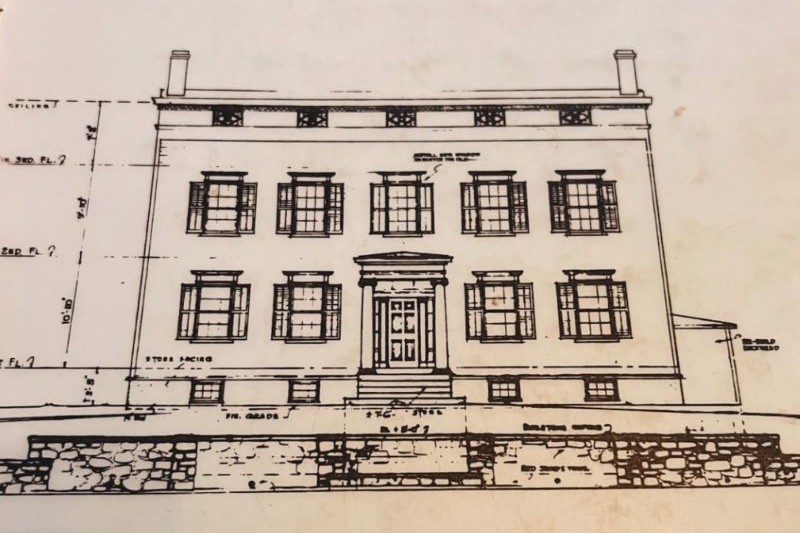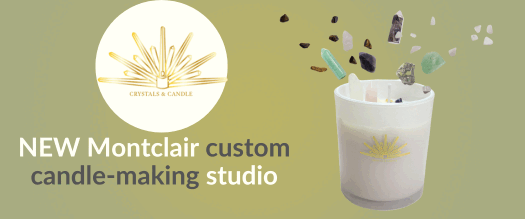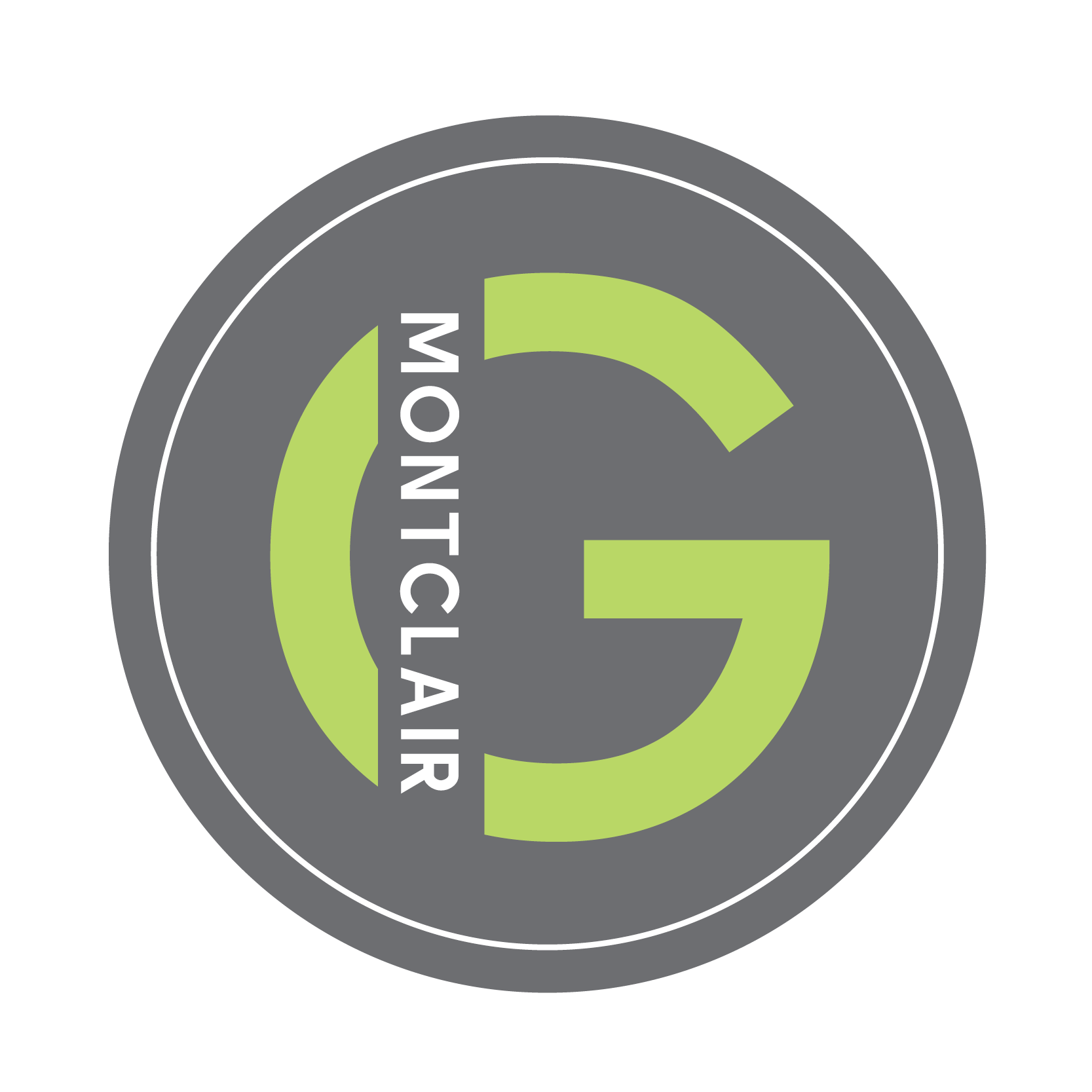It’s no secret that Montclair is full of history — and many of us live in homes that are full of stories. Nestled next door to the Crane House on 108 Orange Road is the home of the Montclair History Center. It is a lesser-known resource that houses many of our town’s historic ledgers, directories, and old maps. For anyone who is looking to find out more about their Montclair home — whether you’re interested in exploring the architectural style of your home or its previous inhabitants — this library and historical center is the perfect place to start your search. We’ve covered what you need to know about the overall research process. Read on to discover the step-by-step process for researching your Montclair home through tips and resources from the Montclair History Center.
Step 1 – Historic Inventory Viewer
In the 1980s, the Junior League conducted surveys throughout Montclair. These documents covered various homes and buildings, including information on architecture, building dates, and other notable facts. It’s best to check out this resource first to see if you have a foundation for your research. Not all houses have surveys, but sometimes the map will include the date of construction.
Read More: A Tour of Noteworthy Historical Homes in Essex County
This is a fascinating resource and a quick way to understand the local architecture, the historical importance of certain buildings, and even the naming of nearby landmarks. At a glance, you can learn about some of the oldest, most unique houses in Montclair, when they were built, and who lived there. You’ll be surprised by what you can learn through this portal.
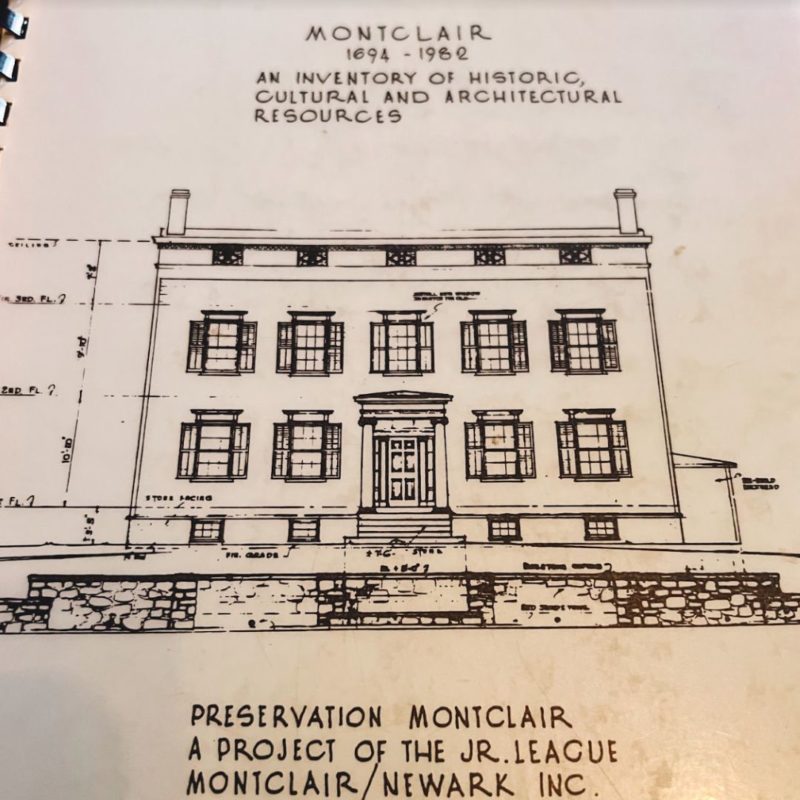
You can start by searching for your home or business location first. Then, if that structure was researched during the Junior League’s survey, you will see a dot on the house. Click on the dot, and a box will show up. Next, tap “View Survey Form” (note: it may be on the next page of the box) to read about the building. If your structure was included in the survey, you should be able to find out the date of construction, the history, and the significance. It’s also an easy download.
Historic Inventory Viewer Here
Step 2 – City Directories
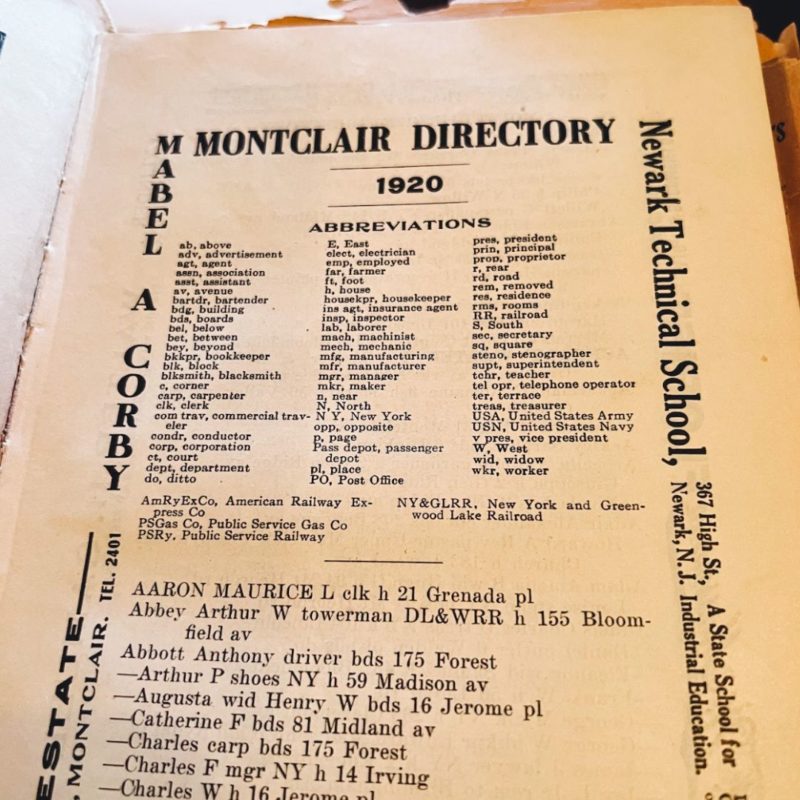 Whether or not you were able to find information on your home via the Junior League survey, there are still more resources to explore. For example, if you have the construction date, a rough estimate of when it was built, or a family who might have lived there, you can find out more information in the City Directories.
Whether or not you were able to find information on your home via the Junior League survey, there are still more resources to explore. For example, if you have the construction date, a rough estimate of when it was built, or a family who might have lived there, you can find out more information in the City Directories.
Every few years between1870 to 1969, the town created a comprehensive directory of residents, their occupations, and frequently, their relatives. These directories are scanned from the originals housed in the Montclair Public Library. They offer a step back to industrial trades, local advertisements, and what kind of people lived in town.
If your home was built or inhabited during this time, choose a directory year that corresponds with the dates you’re looking at. Search via address and get a footing for who has lived in the house and their occupation. You may also find out where family members resided around Montclair by searching via name. Be patient and adjust your search if something does not appear as you expect. The online directories are digitally scanned, and sometimes the computer is not the best at picking up the varied typesetting.
Additionally, phone directories are available for research between 1980 and 1997.
Step 3 – Maps
Maps are a useful tool for understanding the history of a home, how the structure might have changed over time, and who has owned the property in the past.
The maps date from 1865 to 1934 and are not as comprehensive as the other resources, as the years are few and far between. These tax maps are segmented into plates of different areas of the town, so check the street index first before choosing a map image and reference the index for information about color codes or various symbols.
Montclair also has redlining maps from the 1930s and 1940s, which were used when accessing the property grades for banks and mortgages.
Step 4 – Photographs
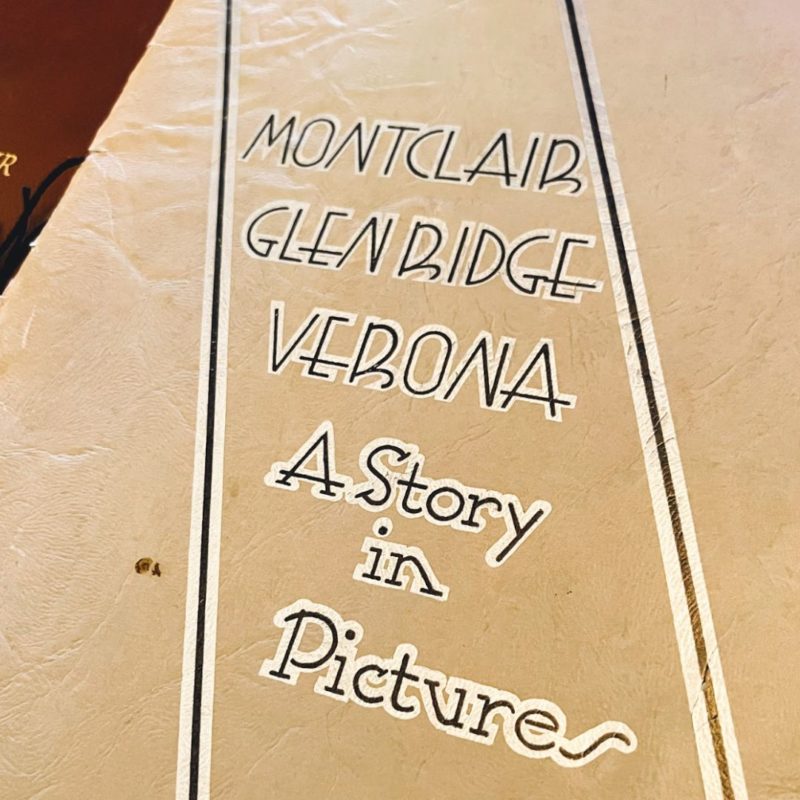
While the Montclair History Center has a limited number of historical photos, the Montclair Public Library can fill in the blanks. For example, you can scroll through the images of what life was like in Montclair or search through limited keywords for a street or family name. You never know; your home might be in a photograph from 1909!
Step 5 – Articles
The fantastic team at Montclair History Center has written articles about various aspects of Montclair’s past. Topics include Colonial Revival homes, when the circus came to town, prominent families, and other exciting photographs and stories about Montclair’s history.
Step 6 – History of Montclair Township
For a complete look at Montclair’s early history, take a look at the History of Montclair Township by author Henry Whittmore. Written in 1894, this digitized book features well-known families, early geography, and everything that
Read the History of Montclair Township Here
Additional Resources
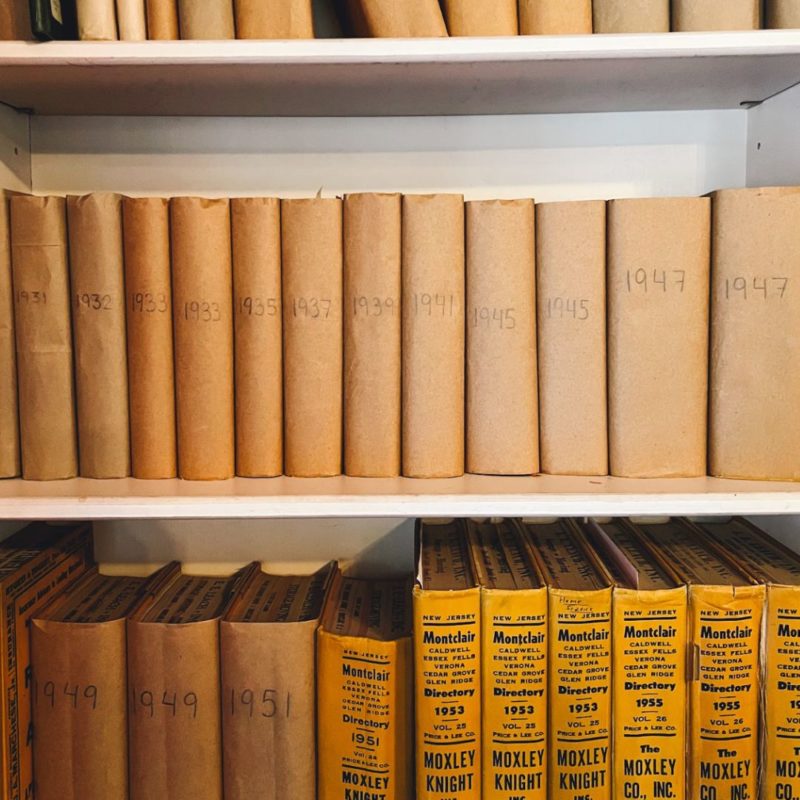
The History Center allows you to utilize its resources on the premise and will point you in the right direction if you hit a dead end in your research. The team also has access to other subscription-based online databases, most notably newspapers.com. This website offers articles from The New York Times and The Montclair Times going back to 1877. The articles are searchable and are helpful when hunting for an address or a family name. In addition, you can find out what events happened at your residence, what life might have been like at a particular time in Montclair, or glean clues as to why a home may have changed hands.
See More: All About the Historic Barrow Mansion in Jersey City
Researching your home requires patience and an understanding of how to extract information from these raw resources. If you want all the information but do not want to do it yourself, the Montclair History Center can research your home for a reasonable fee. The first hour of research is $50, and each additional hour is $25, with most projects taking around 2-3 hours to complete. Contact the Montclair History Center via email [email protected] or call at 973-744-1796 to find out more about this service. Plus, members receive the first hour of research for free.
Other great resources include:
Thanks to the thoughtful and brilliant team at Montclair History Center for providing these vast resources to our readers.

